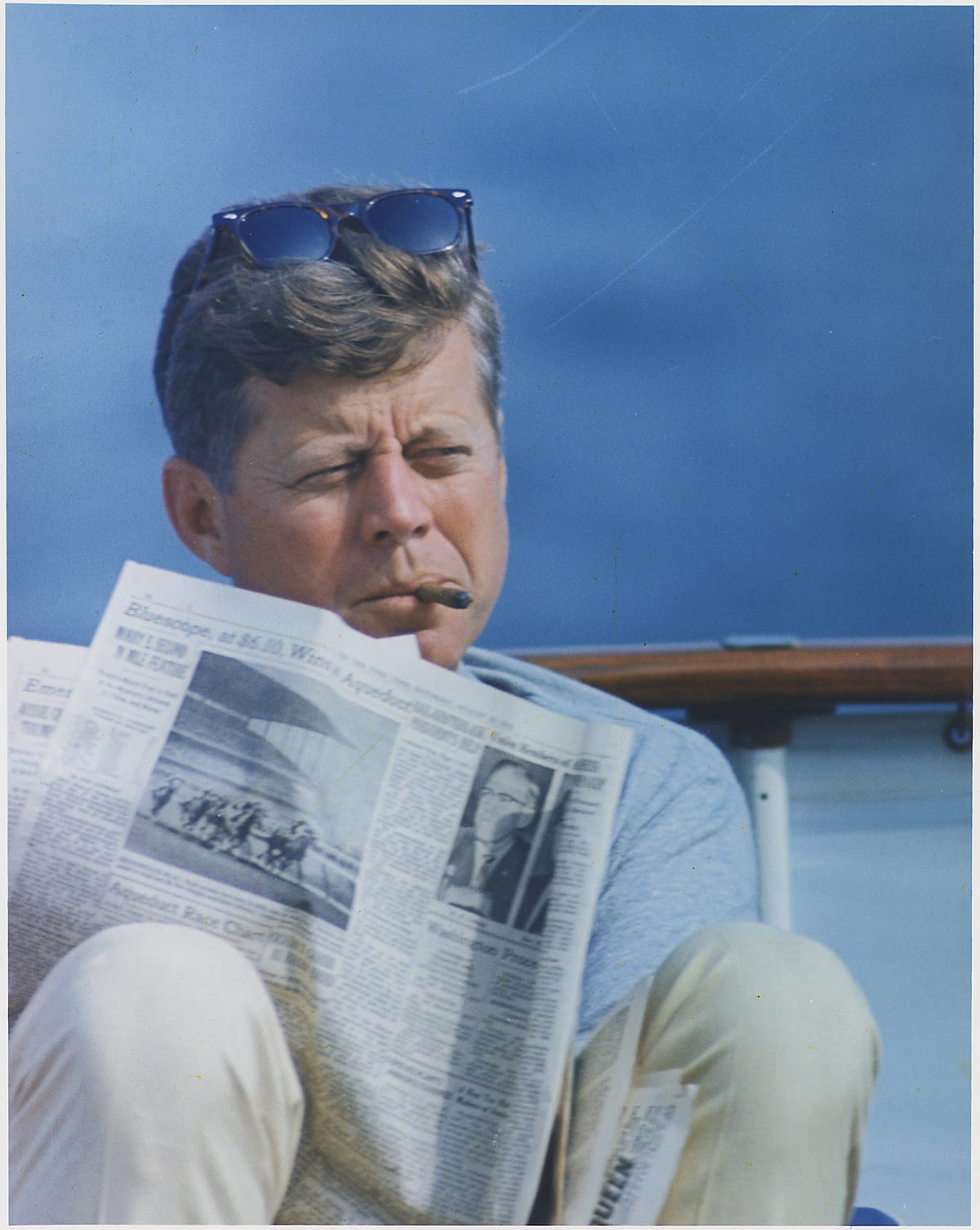A Powerful Approach to News Consumption

Every day, millions upon billions upon maybe trillions of words are published (and herein are 600 more - just doing my part).
If each word were a water droplet, we're getting Niagara Falls rained on us all the time. And mighty though we are, we aren't quite designed for that.
So how can we mere mortals be informed without being swallowed whole and carried out to sea?
It can be useful to look at things through the lens of power: who has it, who stands to gain or lose it, how can we build it.
And when it comes to our representative democracy, a big pocket of our power resides in the politicians elected to represent us.
Let's look at Congress: we each have three politicians who represent us over in D.C. – two Senators and one House Member.
Don't know who they are? No better time than now to find out! Click here to get the scoop.
These three depend on we the voters to get elected, and they need to keep enough of us happy so they can get re-elected. Which means we can have a bit of influence over them.
But few among us have more than the roughest sketch of who our politicians are, how they make decisions, what decisions they make.
And if we don't know, we can't let them know when we aren't well pleased about a vote they've taken. That matters because politicians can easily treat silence as consent. (Here's my favorite way to register an opinion with a politician.)
And it means we can't thank them when we are well pleased with a choice they've made. That matters because being a politician right now is dang hard and ever more dangerous. Gratitude helps keep the good ones in the fight. And boy, do we need the good ones in the fight. (Here's a great way to thank politicians.)
So I'm a big fan of filtering my news down to my three Members of Congress. The margins in the U.S. Capitol are so slim that every politician's vote matters, so all the biggie issues are going to touch one - if not all - of our three politicians.
In other words, we'll be usefully informed on the major stuff of the day through the lens of the people we have the most influence over.
You can create alerts for your politicians. Or you can do what I do which is subscribe to my local paper (why that's a great move for our democracy here). I get a serving of political news alongside articles about this summer's blueberry festival and Antiques Roadshow coming to Maine.
I will note that my little state drew the second highest number of applicants for tickets; this writer was not one of the lucky recipients.
But the other power move here is this: the more we know about our politicians, the more we know how to frame an ask they can say yes to.
The more I read about my Members of Congress, the more I know about what Committees they serve on, what issues are rubbing them the wrong way, what industries in their district they're hearing from. In short, the more I know about what matters to them.
Then, when I approach them about an issue that matters to me, I can frame it in a way that matters to them. It's knowing our audience, speaking their language.
Knowledge is power. But not all news is knowledge. This little filter can turn our news consumption into an engine of small-d democratic power. Which sure beats death - or at least demoralization - by a thousand scattershot news articles.
